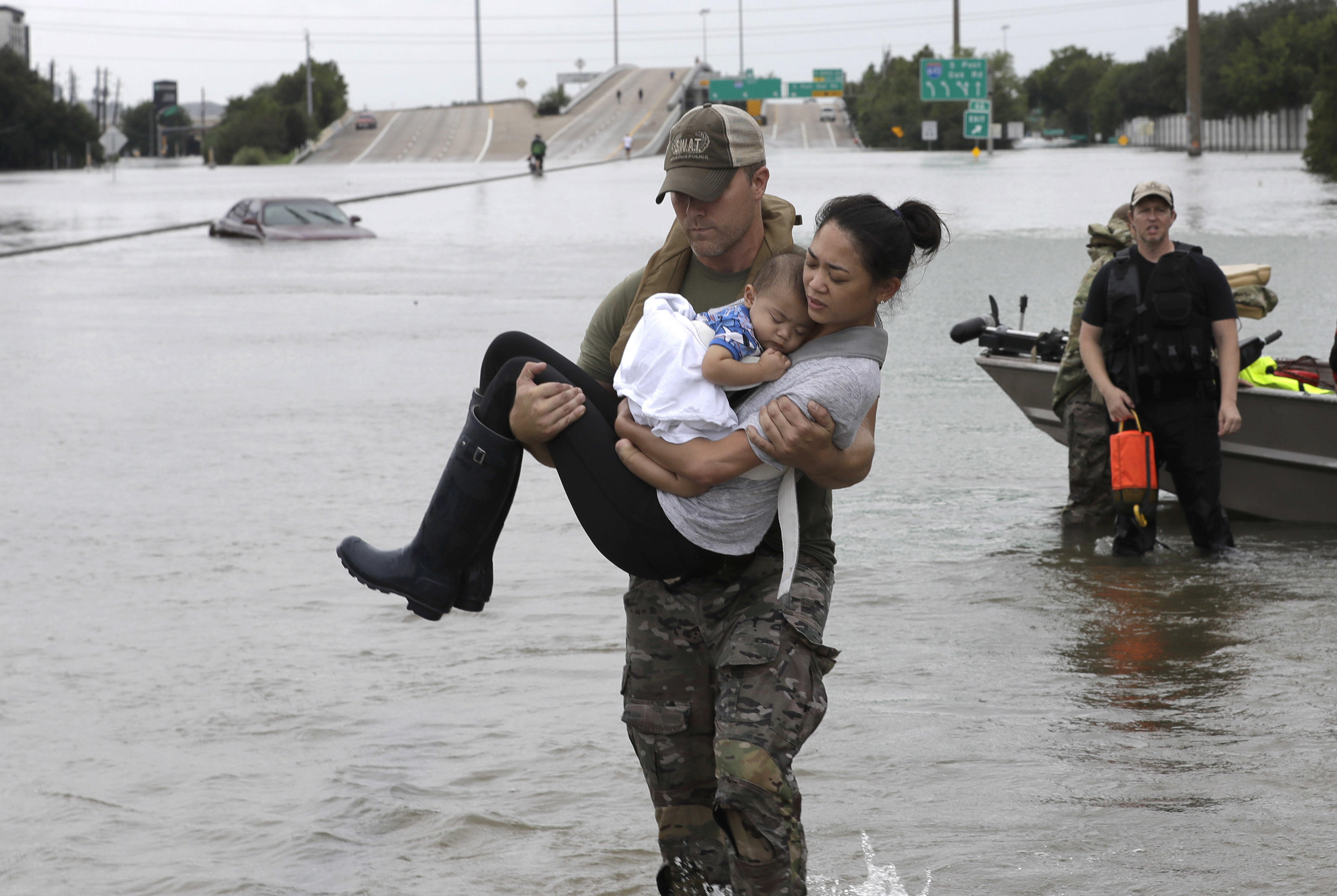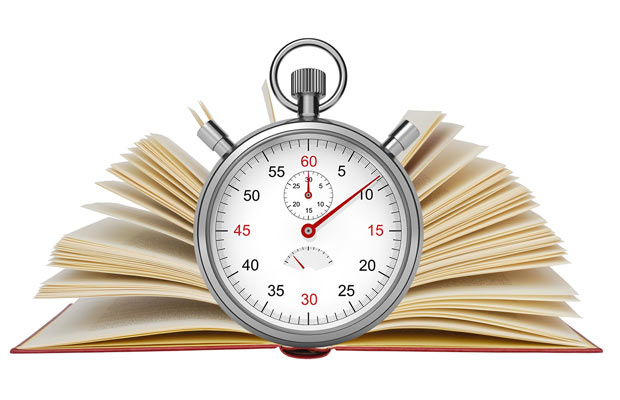
Here are some behaviors you can expect from your child after the storm.
Every child reacts differently. But your child’s age usually determines how he will react and what kind of support he will need after the trauma.
-
Birth to age two
A child in this age range does not have the verbal skills to describe their feelings about the event, but they do remember the sights, sounds, or smells that surround the event. Infants may be cranky and cry more than usual. They may need more cuddling than normal.
As they get older, they may play act elements of the event that occurred several years prior. You make think they have forgotten because they were too young to remember when it happened. They need to express their feelings regardless of how old they are or how many years have passed since the traumatic event.
-
Ages three to six
Preschool children usually feel helpless and powerless after a traumatic event. They are too young and too small to protect themselves or anyone else. They may feel intense fear and insecurity about being separated from their loved ones and care givers. Children from ages three to six usually do not understand permanent loss.
In the month or so after a traumatic event, they may reenact the event over and over again.
-
Ages seven to ten
A child in this age range usually understands permanent loss. He may become preoccupied with the details of the event and try to talk about it nonstop.
Preoccupation with the event can interfere with the child’s ability to concentrate in school. Grades may fall.
A child in this age range can react in a variety of ways—sadness, generalized fear, being fearful the disaster will reoccur, feelings of guilt, or anger that it happened.
-
Age eleven through eighteen
As children get older, they understand the event on a more sophisticated level and respond more like an adult would respond.
Teenagers might become involved in risky behaviors, such as reckless driving or alcohol or drug abuse. Some may become fearful of leaving home and avoid prior activities.
Adolescence is a time to prepare to move out into the world as an adult. After a trauma, the world may seem dangerous to a child between eleven and eighteen. He or she may be overwhelmed by strong emotions but be unable to discuss them with anyone else.
***
It is important to get every child of every age the help he needs immediately after the storm to prevent Post-Traumatic Stress Disorder! Ask your pastor or doctor to recommend a counselor for each one of your children!
Enable your child to soar like an eagle after a storm. Make sure your child gets the critical emotional support he needs after the storm!
Let the encouraging words in these near a river posts help you
soar like an eagle above life’s storms.
Please remember this always…
A symbol with an unexpected meaning…
A few more ways to help a child cope with trauma…
Yes, you can cope with depression and anxiety and PTSD.








